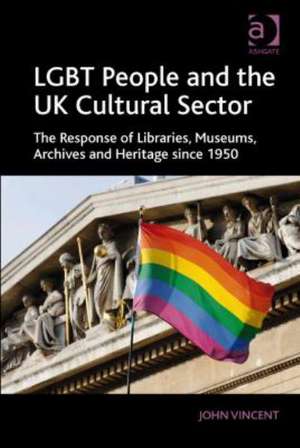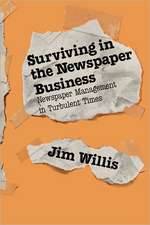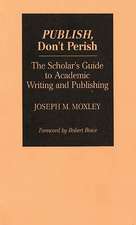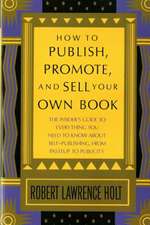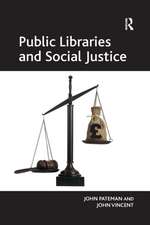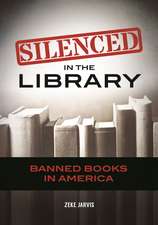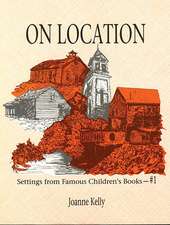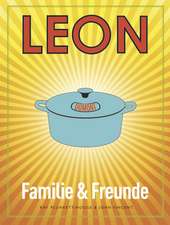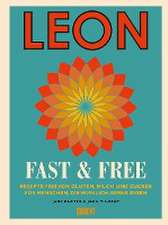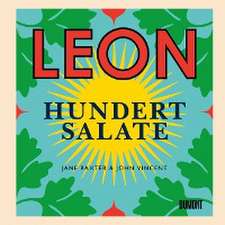LGBT People and the UK Cultural Sector: The Response of Libraries, Museums, Archives and Heritage since 1950
Autor John Vincenten Limba Engleză Hardback – 8 ian 2014
| Toate formatele și edițiile | Preț | Express |
|---|---|---|
| Paperback (1) | 371.00 lei 6-8 săpt. | |
| Taylor & Francis – 27 oct 2017 | 371.00 lei 6-8 săpt. | |
| Hardback (1) | 947.55 lei 6-8 săpt. | |
| Taylor & Francis – 8 ian 2014 | 947.55 lei 6-8 săpt. |
Preț: 947.55 lei
Preț vechi: 1155.55 lei
-18% Nou
Puncte Express: 1421
Preț estimativ în valută:
181.31€ • 189.30$ • 150.06£
181.31€ • 189.30$ • 150.06£
Carte tipărită la comandă
Livrare economică 04-18 aprilie
Preluare comenzi: 021 569.72.76
Specificații
ISBN-13: 9781409438656
ISBN-10: 1409438651
Pagini: 230
Dimensiuni: 156 x 234 x 14 mm
Greutate: 0.5 kg
Ediția:New.
Editura: Taylor & Francis
Colecția Routledge
Locul publicării:Oxford, United Kingdom
ISBN-10: 1409438651
Pagini: 230
Dimensiuni: 156 x 234 x 14 mm
Greutate: 0.5 kg
Ediția:New.
Editura: Taylor & Francis
Colecția Routledge
Locul publicării:Oxford, United Kingdom
Notă biografică
John Vincent is the Networker for 'The Network - tackling social exclusion in libraries, museums, archives and galleries'. He has worked in the public sector since the 1960s, primarily for Hertfordshire, Lambeth and Enfield library services. In 1997, he was invited to become part of the team that produced the UK’s first review of public libraries and social exclusion (from which The Network originated). John now runs courses and lectures, writes, produces regular newsletters and ebulletins, and lobbies for greater awareness of the role that libraries, archives, museums, and the cultural & heritage sector play in contributing to social justice. He is particularly interested in supporting the work that libraries do with LGBT people, young people in care, older people, and with ’new arrivals’ to the UK.
Recenzii
’We’ve made huge progress in LGBT rights and equality in recent years in Britain, and this fascinating study looks at how that has affected, and been affected by, the cultural, museum and library sectors. It charts a way for the future, too. It’s an excellent and timely book.’— Rt Hon Lord Chris Smith of Finsbury, Former Secretary of State for Culture, Media and Sport, UK
'John Vincent has provided a robust, clear and vital history of the cultural sector and queer engagement since 1950. For us, libraries, museums and archives have been a refuge, and they continue to offer safe spaces to explore same-sex feelings, to quietly prepare a queer self that can become a public self. Needing the right kind of information has been key to queer well-being. This book furnishes the reader with an information history, and also speaks to cultural industry professionals who want to improve their communication with socially excluded groups and minorities. Inequality still exists, and the cultural and heritage sector still has a key role to play in tackling it. Vincent shows how.’— Sally R. Munt, University of Sussex, UK
'John Vincent’s lucidly written account of LBGTQ histories in the UK cultural sector since the 1950s is a joyful read of successful resistance to prejudice, marking important battles won and those we must fight to progress human rights. Vincent’s scope is both broad and finely detailed. He seems to hold our hand and guide us through theoretical terrain with a rich range of shifting registers from personal deeply moving voices to governmental perspectives. I recommend this book to students of libraries, archives and museum studies as well as practitioners in the field.’— Viv Golding, University of Leicester, UK
'An excellent and thought provoking history of our profession and the LGBT community in Britain'— School Librarian
'John Vincent has provided a robust, clear and vital history of the cultural sector and queer engagement since 1950. For us, libraries, museums and archives have been a refuge, and they continue to offer safe spaces to explore same-sex feelings, to quietly prepare a queer self that can become a public self. Needing the right kind of information has been key to queer well-being. This book furnishes the reader with an information history, and also speaks to cultural industry professionals who want to improve their communication with socially excluded groups and minorities. Inequality still exists, and the cultural and heritage sector still has a key role to play in tackling it. Vincent shows how.’— Sally R. Munt, University of Sussex, UK
'John Vincent’s lucidly written account of LBGTQ histories in the UK cultural sector since the 1950s is a joyful read of successful resistance to prejudice, marking important battles won and those we must fight to progress human rights. Vincent’s scope is both broad and finely detailed. He seems to hold our hand and guide us through theoretical terrain with a rich range of shifting registers from personal deeply moving voices to governmental perspectives. I recommend this book to students of libraries, archives and museum studies as well as practitioners in the field.’— Viv Golding, University of Leicester, UK
'An excellent and thought provoking history of our profession and the LGBT community in Britain'— School Librarian
Cuprins
Chapter 1 Introduction; Chapter 2 The 1950s and 1960s; Chapter 3 1969–1976: Stonewall – the start of something; Chapter 4 1977–1987: Small steps …; Chapter 5 1988–2003: Backlash – and the end of the backlash?; Chapter 6 2004–2013: Are we making progress? A brief overview of the position of LGBT people in the UK today; Chapter 7 And are we making progress in the cultural sector?; Chapter 8 Good practice – ideas and innovation; Chapter 9 Conclusions;
Descriere
This book examines the complex and conflicting relationships between LGBT people and our cultural and heritage organisations.
